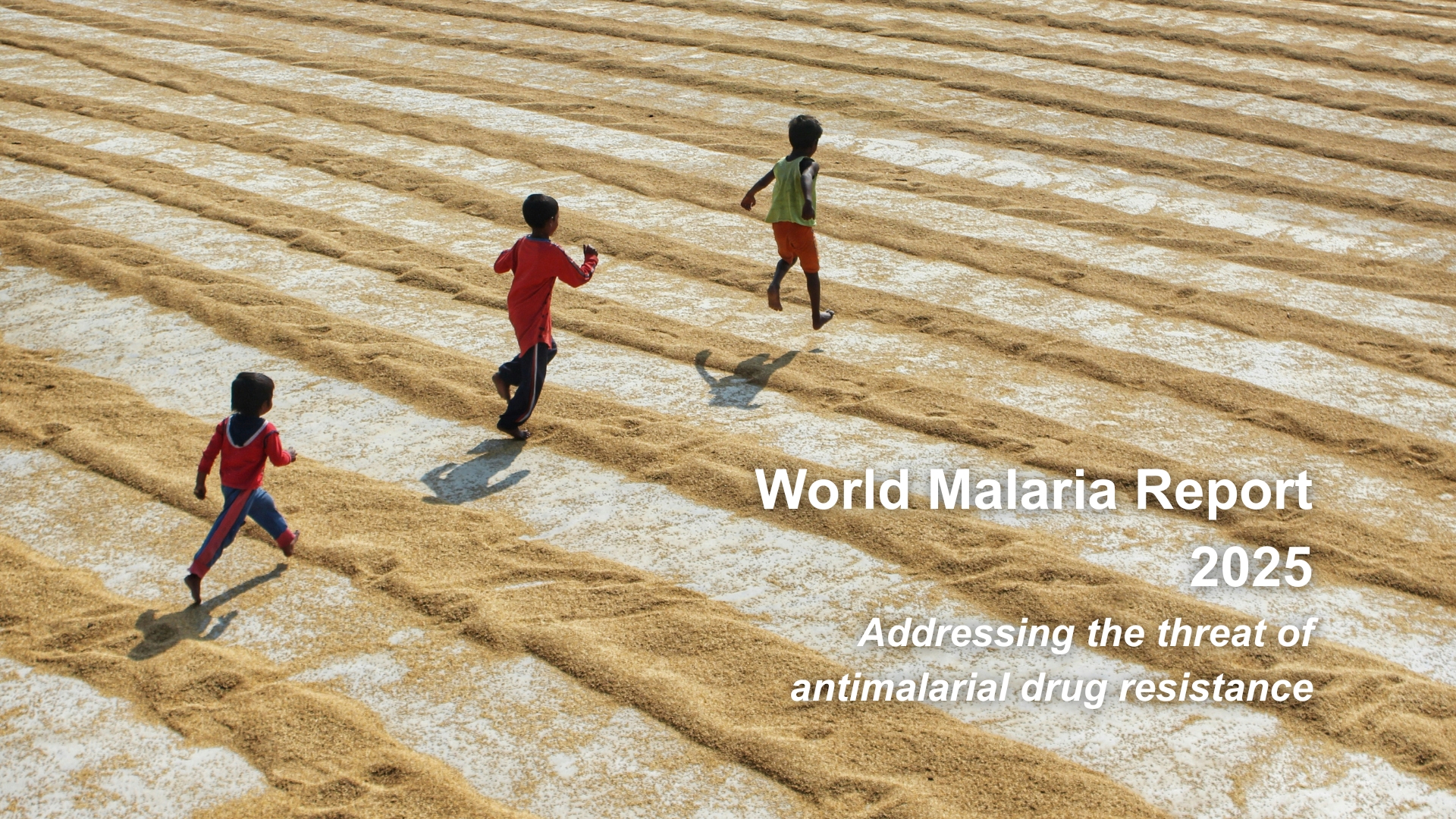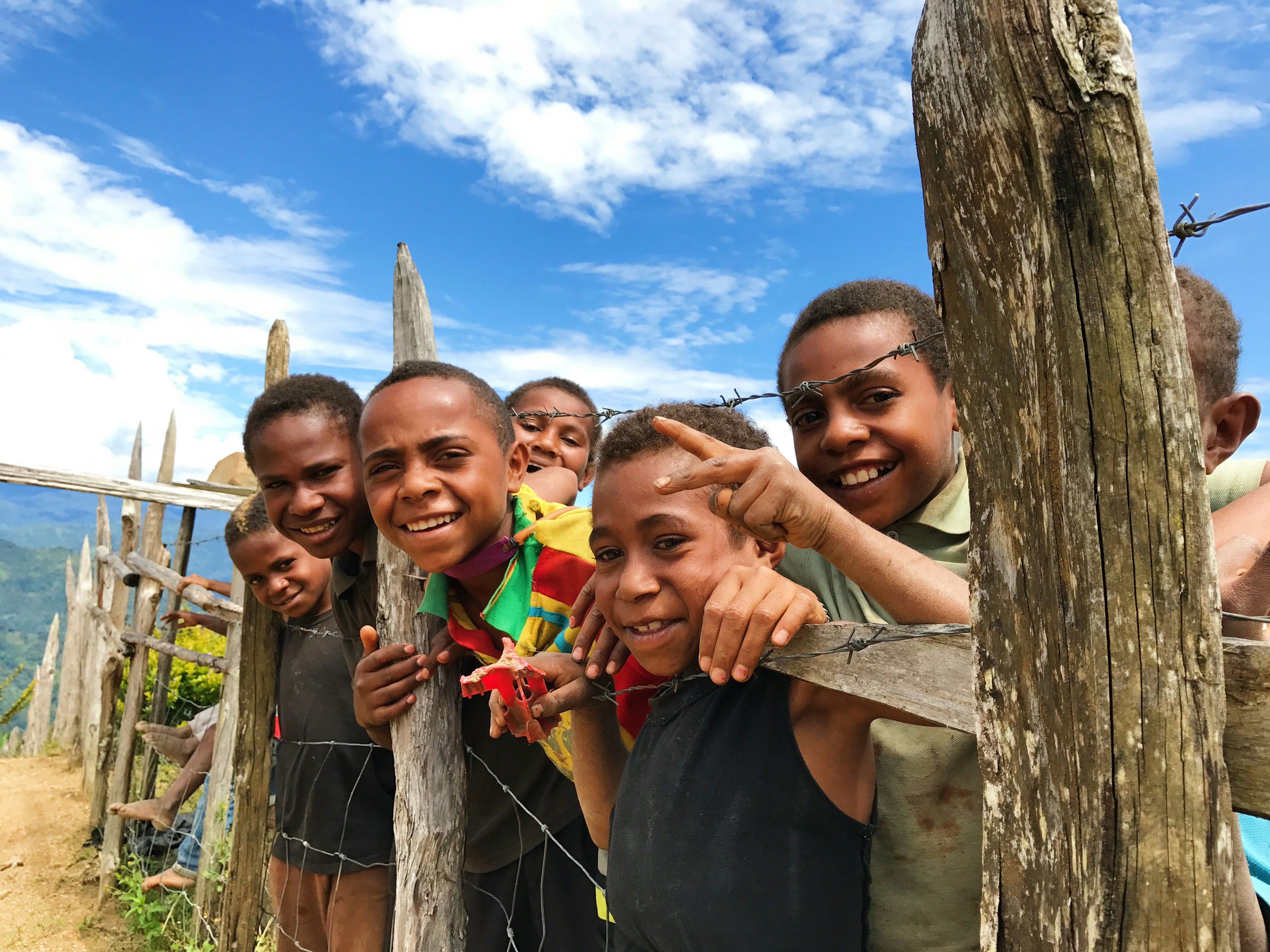
The Indo Pacific Regulatory Strengthening Program (RSP) began 2019 with a mission to Cambodia, the 6th mission in the region since December 2017. Earlier missions were conducted in Myanmar, Lao PDR, Indonesia, PNG and Viet Nam. The mission focused on specific challenges in the regulation of medicines and medical devices in Cambodia and agreed on priorities for support and capacity building from the program.
The registration of new drugs is a challenging endeavour for regulators particularly in resource constrained environments. Over the course of 3 days, representatives from APLMA, Australia’s TGA and the Department of Drugs and Food (DDF), Cambodia, worked together exploring regulatory challenges, recent developments and future opportunities in a range of areas including market authorisation processes, dossier evaluation, reliance mechanisms, online registration systems and pharmacovigilance.
Strengthening the capability of DDF to increase the availability of safe and effective medical products is a key objective of the RSP and will be critical in steering Cambodia towards achieving malaria elimination.
TGA and APLMA also met with the country office of WHO and the National Center for Parasitology Entomology and Malaria Programme to introduce the RSP and understand the challenges facing Cambodia as it moves steadily towards the goal of malaria elimination. At present, 4 provinces have reported no indigenous cases of malaria, 13 provinces are aiming to be free of indigenous cases by end of this year and the remaining 8 provinces are concentrating on disease burden reduction. Drug resistant malaria continues to be a concern however, and this underpins the need for better access to new malaria diagnostics and treatments.
The Regional Regulatory Partnership was the springboard for the RSP through which the TGA will be working closely with the regulatory agencies in 6 countries over 3 years to provide technical support.
.svg)


.jpg)






